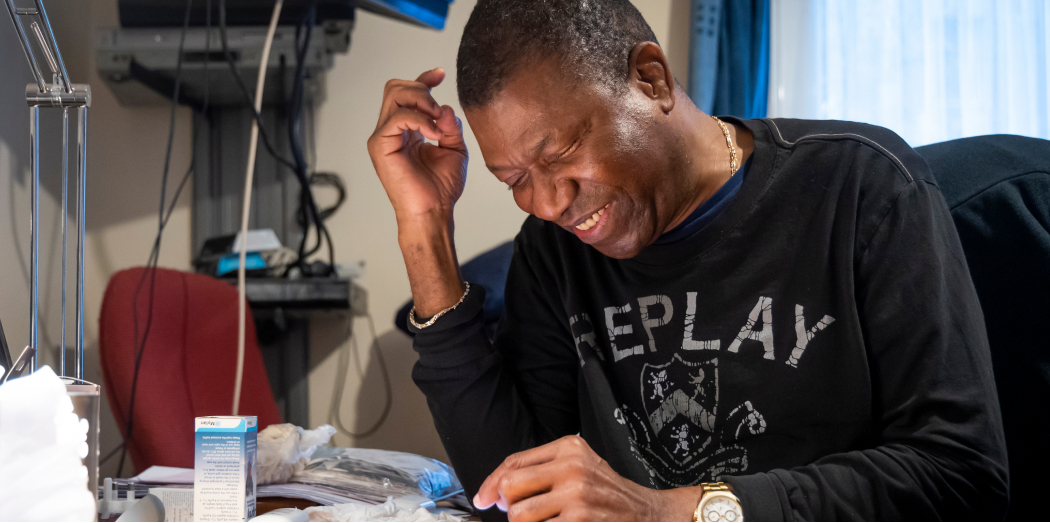A multidisciplinary approach to addressing mobility limitations after orthopaedic joint replacement surgery
2019 Catalyst Grant
Knee osteoarthritis is a significant burden to older adults and one of the largest contributors to disability and loss of mobility worldwide. Treatment of the end stages of knee osteoarthritis is total joint replacement surgery, with the goals of removing pain and improving patients’ function and mobility. Mobility and joint function are very rarely restored, and continued disability and lack of mobility after surgery plague many patients, hindering their ability to live independently and participate in society. The team’s research focuses on developing a clinical tool that will collect important information on pain, symptoms, mobility and joint function both before and after surgery to better understand if there are groups of patients who may benefit from different strategies for surgery and rehabilitation.
“MIRA/Labarge funding has had a significant impact on my research. It has allowed me to set up and validate translational motion capture systems within orthopaedic clinics at two hospitals, and to mobilize a group of academic orthopaedic surgeons, rehabilitation scientists and kinesiologists to collaborate on these initiatives. Using the developed protocol, we have been successful in acquiring catalyst IMHA CIHR funding as well as HAHSO funding for a pilot clinical trial to examine how robotic joint replacement surgery affects outcomes including walking, mobility and gait.” — Janie Wilson









